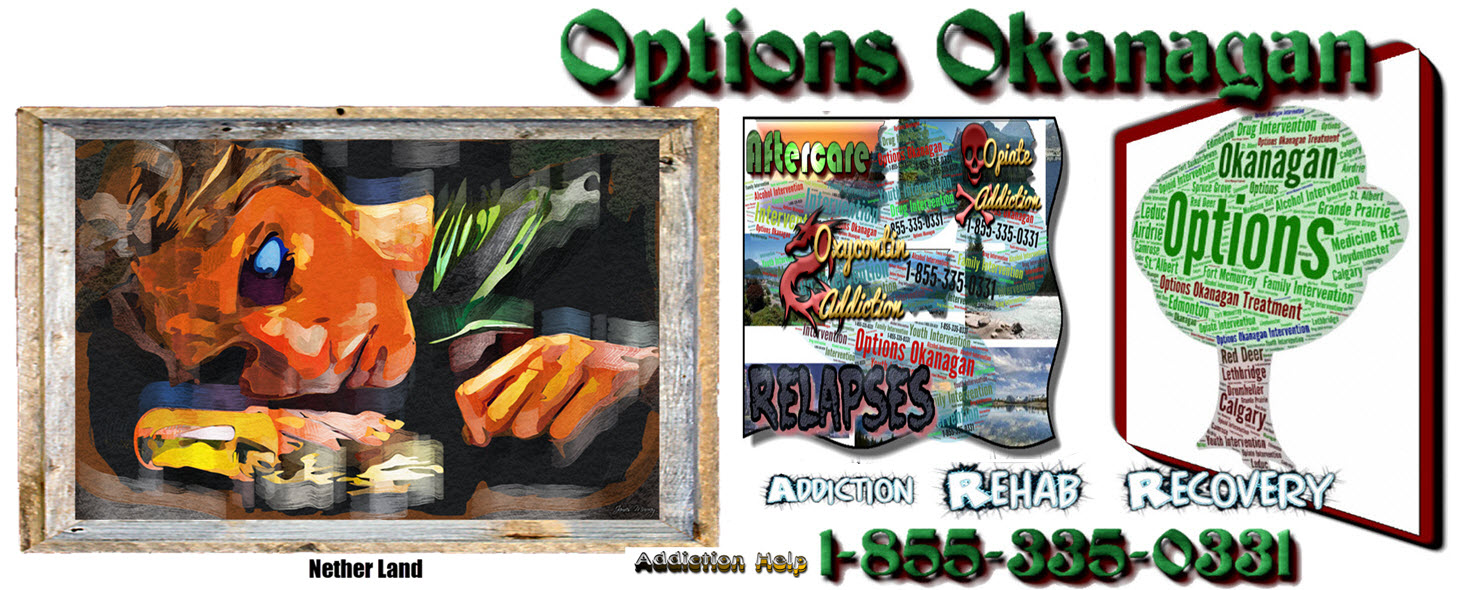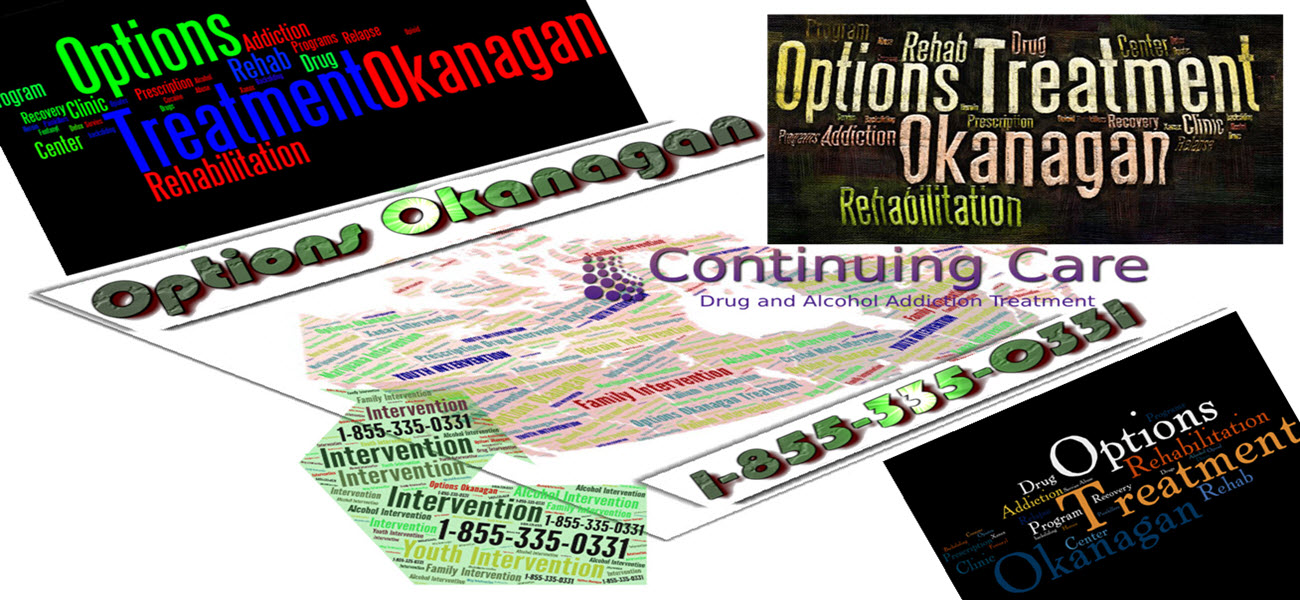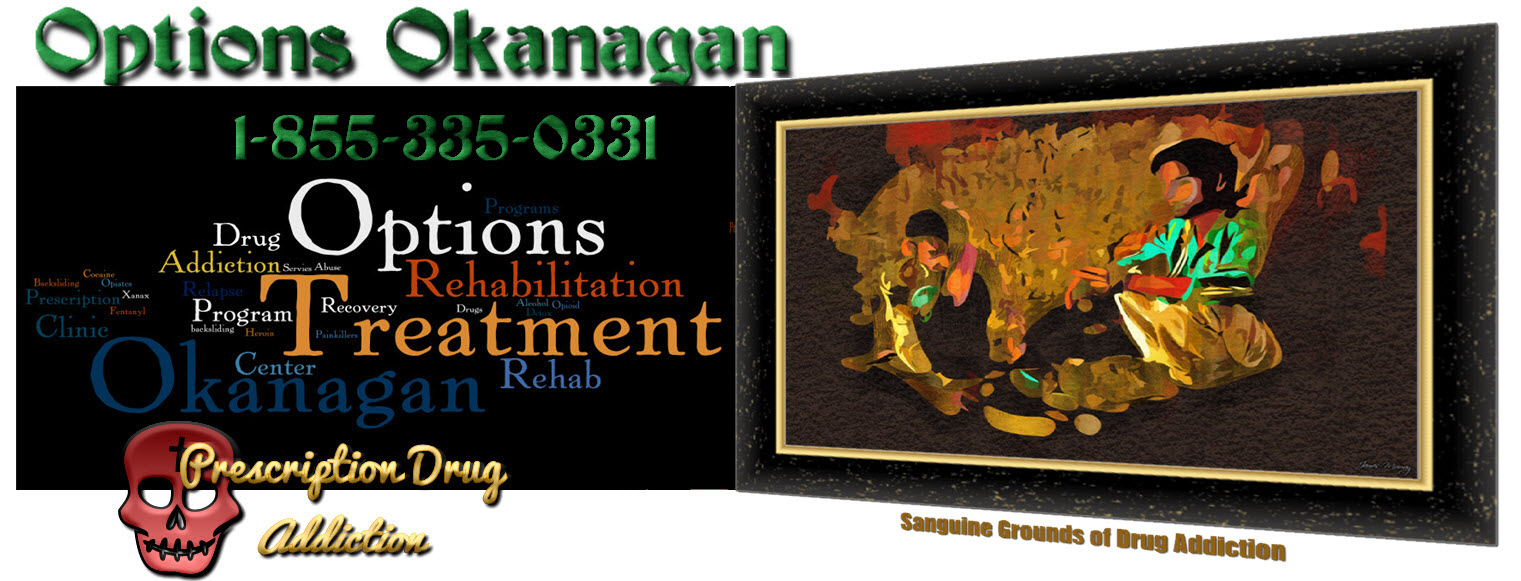If a family teen member start to abuse opiates, what should I do? Opioid Rehab Programs in Alberta and British Columbia – Options Okanagan Treatment Opiate Centers in Kelowna, Salmon Arm (Shuswap), British Columbia treating opiate, drug, fentanyl, heroin and alcohol addiction and recovery.
Opiate Rehabs In BC And Alberta
It can be heartbreaking to know that a daughter or a son in the family is using opiates. Some members of family will likely cry, scream, break-down, and pretend not to see the drug abuse. Although they may be angry on the inside, their reaction to an addicted member of the family can make a huge difference in a teenager’s life and future. In addition, families should not be overly judgmental or think that their loved ones should not take opiates. Every teenager is vulnerable and can succumb to peer pressure, so start experimenting with these drugs. While families need to be prepared for anything, they also need to understand how to handle circumstances when the need arises. Here are some tips on how to accomplish this.
1) Don’t Ignore the Abuse Problem: There are families or parents who would like to pretend they don’t see this drug abuse by burying their heads in the sand. Even though they want this to be untrue, ignoring the fact that a family member is abusing opiates will not make their teenage daughter or son stop using these drugs. Even though teens want to try all kinds of things, they need to make them aware of the negative effects of drugs like opiates and the potential impact of these drugs on their lives and their future. Make sure that their daughter or son knows they are on a risky and dangerous and road, but offer to help them break their drug addiction.
2) Wait for the family member to come to their senses and sober-up before talking with them: Never start engaging with a daughter or son while they are taking opiates. Opioids can change the way a person thinks and reacts, meaning that rational conversation cannot occur when the person is high. Some may be violent and just leave, or they may hurt someone if they run into a confrontation. Wait until your teen is sober to talk about opiate use. If possible, let them sleep, rest and sober-up before talking to them.
3) Don’t lecture or yell at them: Parental instincts tend to prevail, causing parents to argue or lecture a teenager. Berating a teenage daughter or son, especially after taking opiates, will no doubt drive the teen away from their parents. It will not help them to cope and deal with certain situations. All parents need to do at this point is strike up a serious but reasonable conversation with their teenage daughter or son. Ask them to explain exactly what and how drug use occurred and what they hope to achieve by taking these drugs. In fact, sharing with them how stupid the idea of using opiates is and what to expect from their actions after that is all fine, just keep talking about it.
4) Don’t just punish them: Teenagers are prepared to be punished whenever they may be on the wrong side. Punishment could be in lots of forms, a parent might take their phone or video gaming away, as well as ground them for a period of time. Punishment alone might not work or perhaps not even convey the gravity of the situation. Consider taking other routes, for example discussing the effects and outcomes of abusing opiates, setting boundaries, and in many cases letting them know they will be monitoring their every move and action. Allow the teenager to work on gaining a parent’s trust again.
5) Consider specialized and professional help: It is actually never too soon or too late to allow an addicted teenager to get professional and specialized help. Do not just assume that they don’t require the help. Reach out and understand the reasons why they got into using drugs from the beginning, and to gauge the seriousness of the matter. While this could be pressure from peers, the extent to which they are engaged determines whether to seek professional and specialized help or perhaps not. Make sure to seek help if the teenager appears to be battling with mental health issues or addiction. Treatment, therapy or counseling could be a big help to the addicted teenager.
The very thought of seeing a son or daughter hooked on drugs can be quite a scary situation. Intervening just before the teen is way too deep into drug addiction can still save their future and choices. Just being cautious when talking to them, set boundaries, consequences, and expectations. Getting them professional and specialized help will also help them overcome this too.
Options Okanagan Opiate and Alcohol Treatment Centers in Kelowna, Salmon Arm and Vancouver, British Columbia – Men and Women are recovering and healing from Alcohol and Drug Abuse at our treatment center here in the Okanagan right now.
Our unique and distinctive Opiate Drug and Alcohol treatment program allow men and women to come in from Calgary as well as Edmonton as we offer airport pickup.
Numerous clients come to us from Vancouver, Calgary, and Edmonton and other locations in Alberta and even other provinces for Opiate addiction treatment, heroin drug treatment, many other drug and alcohol addictions for rehabilitation because of the uniqueness of our treatment center.
Our (Kelowna ) Alcohol and Drug Treatment Program Location:
(Not Mailing Address) Contact Us – Web Page
For Mail Delivery :: Please contact each center for correct mailing addresses, also this location is the location of our residential treatment programs in Kelowna. Please call Toll Free 1-855-335-0331 to contact the treatment center you are going to for the address and directions.
Options Okanagan Drug and Opiate Treatment Center
551 Sherrydale Crescent, Kelowna, British Columbia, V1V 2E6
Toll-Free Phone Number: 1-855-335-0331




